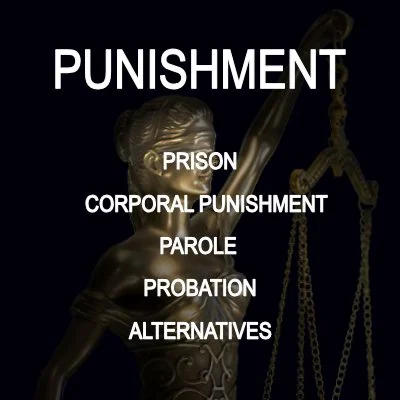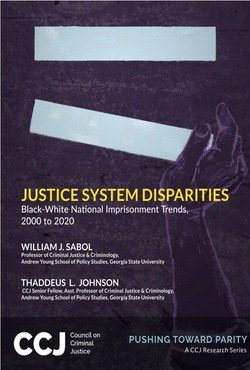By Andrew Blum and Alfredo Malaret Baldo
The problem is as old as the justice system itself—how to reduce the chance that an individual reoffends
after they commit an offense and become involved with the justice system. This challenge of reducing
recidivism remains critical. According to the Prison Policy Initiative, there are over 120,000 individuals in
state prisons in California. Another 380,000 cycle through jails in California every year. In 2021, roughly
25,000 individuals were released from prison in California. This is the scope of the challenge. In San
Diego County, a wide variety of agencies and organizations are working to address the recidivism
challenge. In addition, although there is no way to measure this accurately, there is a willingness across
the spectrum to experiment with new approaches and solutions. This report focuses on one area of
relatively new and promising approaches—those that elevate the talent and expertise of individuals with
“lived experience” with the justice system. Support for lived experience approaches is growing both
nationally and in San Diego. Beyond the rising number of lived experience initiatives, this type of work in
San Diego has become largely normalized. There is broad agreement that lived experience work should
be part of the portfolio used to reduce recidivism, with clear demand from stakeholders involved in
reentry, including law enforcement officials, service providers, community members, and, crucially,
justice-involved individuals. Given the growing prevalence of and support for lived experience approaches
in San Diego, it is important to create a deeper understanding of how to increase the impact of these
approaches. Toward that end, this report identifies strengths of lived experience approaches to amplify,
challenges of lived experience approaches to mitigate, and lessons from lived experience approaches
that can be applied more broadly. Based on a review of the research and dozens of conversations held
with stakeholders in San Diego, we identified the following strengths of lived experience app roaches: —
They can engage successfully with justice-involved individuals; — They can provide a model of success;
— They are skilled navigators of the social service and justice systems; — They bring a long-term
approach to their work; and — They have specific expertise that helps them help others. To amplify these
strengths, we suggest: (a) deploy lived experience practitioners during acute situations, (b) leverage lived
experience practitioners not only within programs but also as navigators across programs, (c) build
flexibility into programs that include lived experience practitioners, (d) encourage lived experience
practitioners to role model success without being directive, and (e) continue efforts to normalize lived
experience approaches. We also identified challenges of lived experience approaches, particularly
related to scaling the approaches more widely. These include: — The personalistic nature of many lived
experience initiatives; — The difficulty of finding, vetting, hiring, and training sufficient lived experience
practitioners; — The toll the immersive nature of the work takes on practitioners; and — The potential
reputational risks lived experience approaches present to individuals, organizations, and agencies. To
mitigate these challenges, we recommend (a) creating training and certification programs for lived
experience practitioners, (b) developing standards of practice, (c) creating organizational capacity -
building initiatives for lived experience organizations, (d) pairing lived experience with non-lived-
experience practitioners, (e) treating lived experience individuals as professional staff, and (f) developing
a lived experience advocacy coalition. Furthermore, seeking a broader impact, we identified five key
lessons from lived experience approaches that are transferable and can be applied by those without lived
experience who are designing and implementing initiatives to prevent recidivism. The lessons are: 1.
Create supportive spaces for justice-involved individuals to work through challenges; 2. Design programs
with flexibility so support can be tailored to individuals; 3. Ease navigation of services and improve
coordination among providers; 4. Engage justice-involved individuals with consistency and long-term
vision; and 5. Commit to providing trauma-informed care. We conclude this report by noting the
longstanding good practice in the social services field to design initiatives with the input of those impacted
by them. The key lessons identified from lived experience practitioners can be viewed in this way. They
provide insight on how to design more effective recidivism reduction initiatives based on the experience
and expertise of those who previously lived the challenges the initiatives are designed to address.
San Diego: University of San Diego, Kroc School Institute for Peace and Justice, 2023. 31p..







